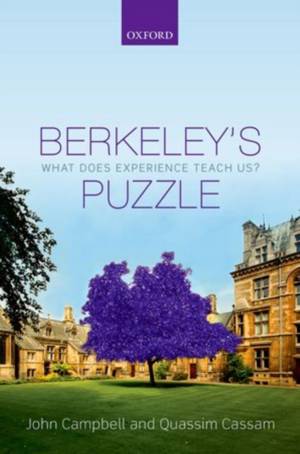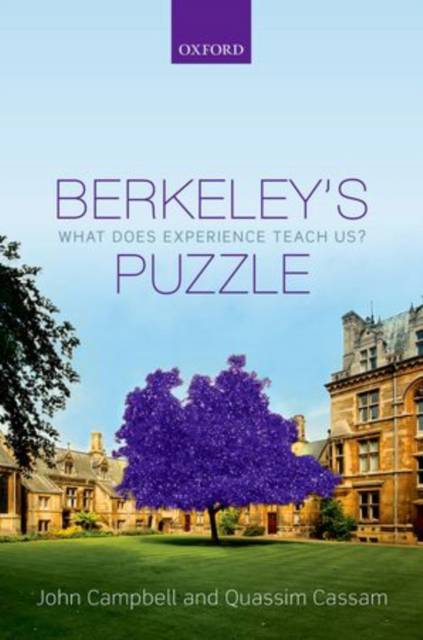
- Afhalen na 1 uur in een winkel met voorraad
- Gratis thuislevering in België vanaf € 30
- Ruim aanbod met 7 miljoen producten
- Afhalen na 1 uur in een winkel met voorraad
- Gratis thuislevering in België vanaf € 30
- Ruim aanbod met 7 miljoen producten
Zoeken
Berkeley's Puzzle
What Does Experience Teach Us?
John (University of California, Berkeley) Campbell, Quassim (University of Warwick) Cassam
Hardcover
€ 120,45
+ 240 punten
Omschrijving
Sensory experience seems to be the basis of our knowledge of mind-independent things. The puzzle is to understand how that can be: how does our sensory experience enable us to conceive of them as mind-independent? This book is a debate between two rival approaches to understanding the relationship between concepts and sensory experience.
Specificaties
Betrokkenen
- Auteur(s):
- Uitgeverij:
Inhoud
- Aantal bladzijden:
- 224
Eigenschappen
- Productcode (EAN):
- 9780198716259
- Verschijningsdatum:
- 21/08/2014
- Uitvoering:
- Hardcover
- Afmetingen:
- 233 mm x 158 mm
- Gewicht:
- 492 g

Alleen bij Standaard Boekhandel
+ 240 punten op je klantenkaart van Standaard Boekhandel
Beoordelingen
We publiceren alleen reviews die voldoen aan de voorwaarden voor reviews. Bekijk onze voorwaarden voor reviews.








